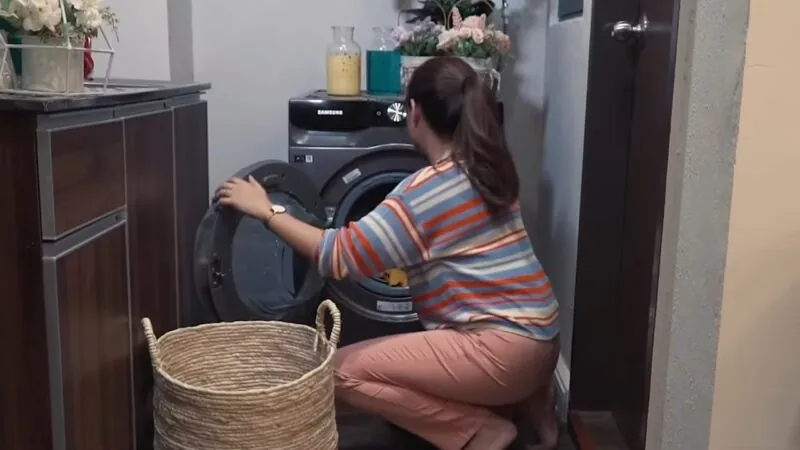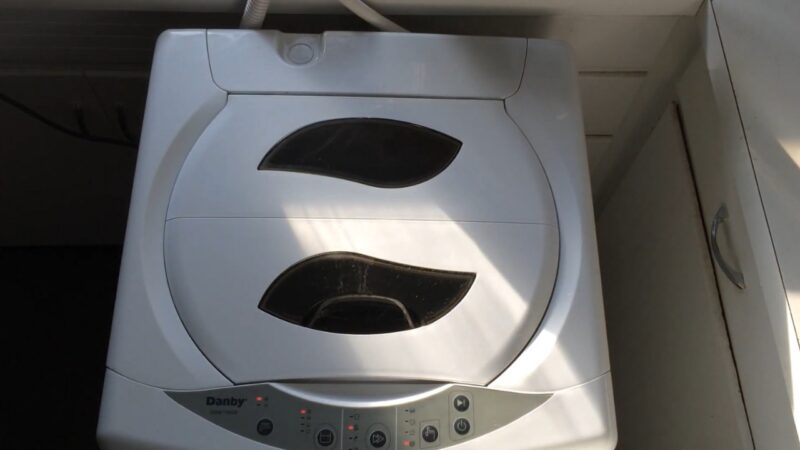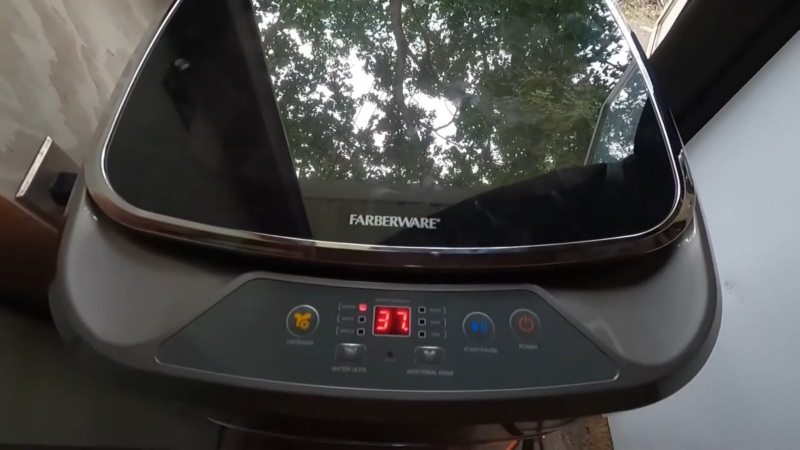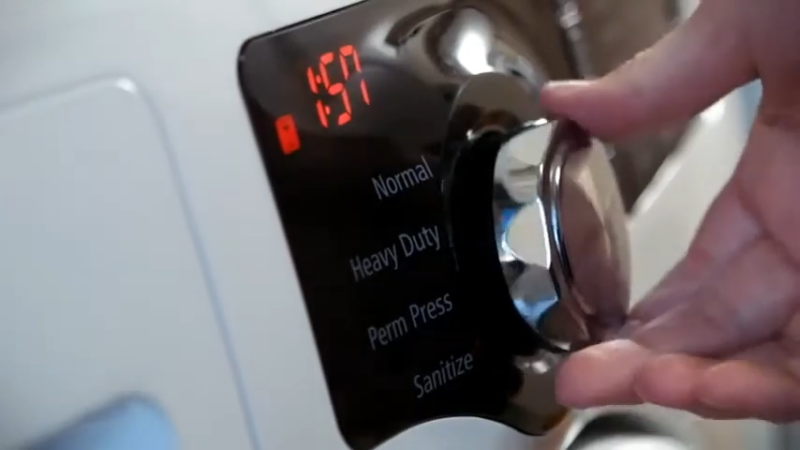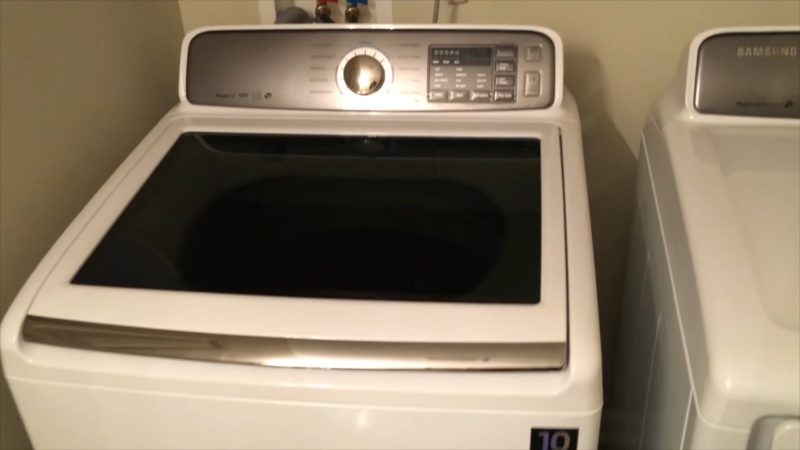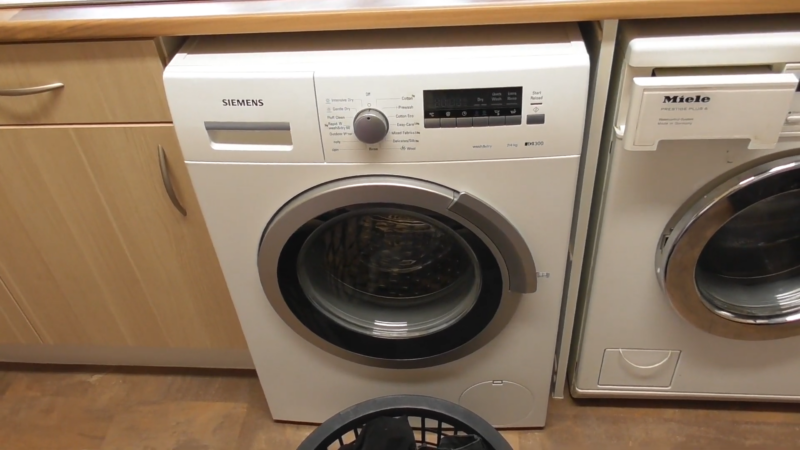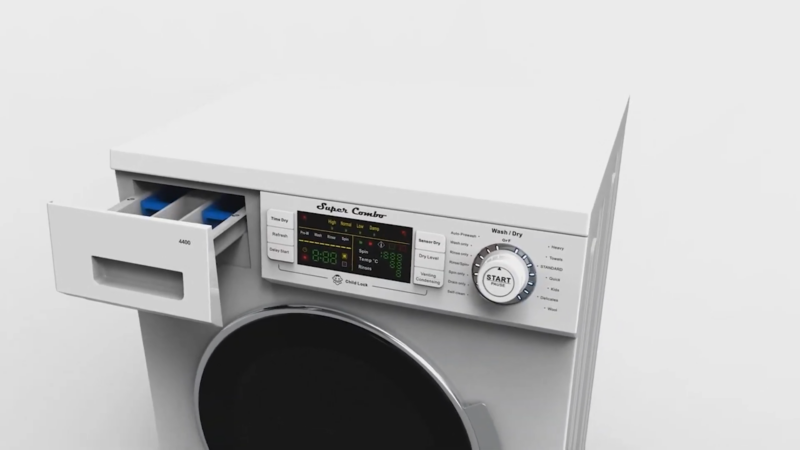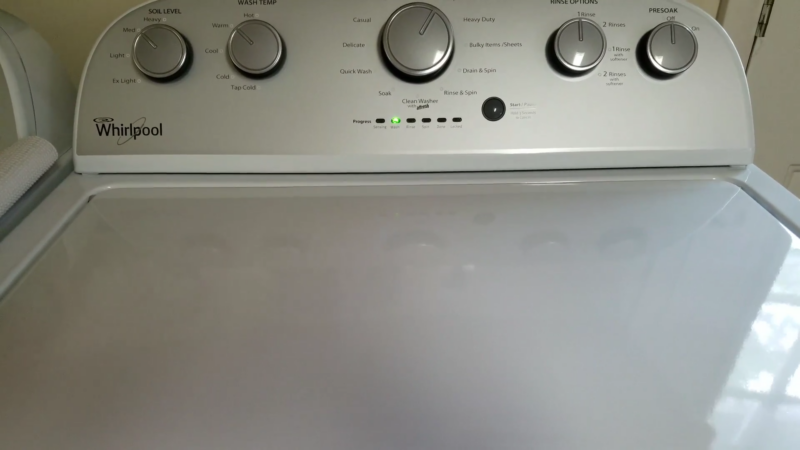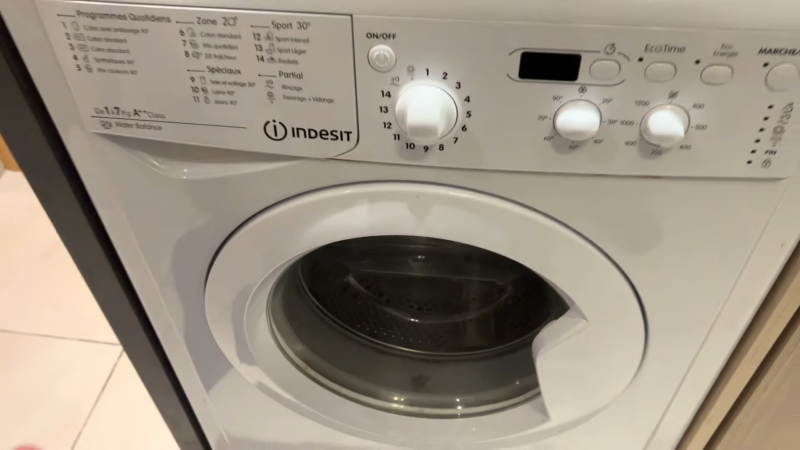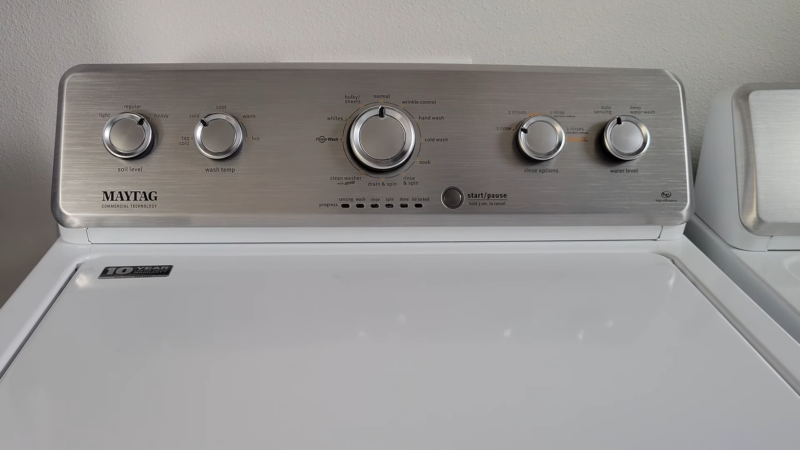So, you’re looking to drop some cash on a new washing machine? Get ready to shell out anywhere from $600 to $1500. Trust me, we’ve seen ’em all during our home inspections.
Now, picture this: you’ve spent your hard-earned money, and then bam! The thing breaks down after just a few months. Frustrating, right? To save you from that headache, we’ve got the lowdown on 13 washing machine brands you should steer clear of.
A washing machine should be your trusty sidekick for years, not a short-term fling that leaves you stranded. That’s why it’s super important to know which brands to avoid before making that big purchase. And hey, if you’re curious about the best of the best, check out our guide on the top 10 washer and dryer combos.
There are a ton of washing machine brands out there, each with a bunch of models. Since you’ll probably be using your washer at least a few times a week, you gotta know what features matter most.
In this post, we’re breaking down which brands to avoid and what you need to keep in mind when buying a washing machine. Plus, we’ll throw in some tips on how to use your washer safely. Ready?
What Are Brands You Should Avoid
1. Danby
So, Danby – if you’re familiar, you probably know them for their small washing machines. They’re a popular choice in the US and Canada for compact washers. But, hold on, because it’s not all sunshine and rainbows. Some of their models have pretty basic design flaws. Let’s break down a few.
At first glance, the DWM99W looks promising. It’s a 20-inch portable washer, weighs about nine pounds, and comes with four water level settings, five cycles, three temperature settings, and fabric selection options. Sounds great, right?
But here’s the kicker – it doesn’t fill up to the required water level, so you’ll end up adding water manually. Plus, the spin cycle is pretty weak, which isn’t surprising given its size. It might struggle with dirt removal and won’t do much for stains.
And if it breaks? Be prepared to shell out some serious cash for repairs. Danby’s customer service is hit or miss, so don’t hold your breath for stellar support.
Now, the DWM030WDB-6 is a different beast. This top-load washer spins like crazy and is pretty rough on clothes. Sure, they come out clean, but sometimes they come out ripped too.
Customers have also complained about water sloshing over the edges and mold developing between the drum and the washer’s body, which can leave your clothes smelling funky.
2. Farberware
Farberware is a household name for cooking utensils and top-notch knives. But when it comes to washing machines, it’s a whole different story. It seems like they channel all their energy into cookware and leave their washers as an afterthought.
Take their portable top-load washing machine, for example. It has a unique design but is riddled with issues. The most frustrating one? It doesn’t drain properly. You end up having to drain it manually, which means if you miss a spot, you’re washing clothes in stagnant, dirty water. Not a fun experience.
And it gets worse. The machine squeals like a banshee while running, making it impossible to enjoy any peace and quiet. Some customers even struggle to set it up because connecting it to a faucet is a nightmare. One user complained about their brand new washer stopping mid-cycle repeatedly. You restart it, and bam, it stops again.
With issues like these, it’s clear that Farberware’s washing machines are not worth the hassle. Definitely one to steer clear of.
3. Summit
Summit may lure buyers with its features at reasonable prices, but it often falls short. Take the Summit SPWD2201SS for example. Its compact design and multiple wash/dry cycles seem promising, yet it disappoints with excessively long wash and dry times and inadequate stain removal.
Similarly, the Summit SPWD2201SS combo is notorious for rust issues in its stainless steel drum, leading to stained clothing and prolonged drying cycles. Customers frequently report tearing of clothes, further tarnishing the brand’s reputation.
4. Samsung
Samsung, known for its innovative technology, has some models better avoided. The Samsung WA45M7050AW/A2 is critiqued for its thin metal construction, prone to warping and rusting within months. A defective timer and a high failure rate within the first year add to its drawbacks.
The Samsung WF45R6300AV front load washer faces severe mechanical issues, with customers reporting the need for major part replacements shortly after purchase. Additionally, Samsung’s lack of spare parts for this model exacerbates customer dissatisfaction.
5. Siemens
Once upon a time, Siemens made some of the best washing machines around. But, sadly, those days seem to be over. Their current models are plagued with design and technical issues, making them a brand to avoid.
Take the Siemens UltraSense WFXD5202UC, for example. Customer reviews are scathing, with many reporting that it shorts out during cycles, thanks to a poor-quality electric board and power supply. Some even mention a burning smell, raising concerns about potential fire hazards.
6. Deco
Deco, a US-based brand known for low-cost appliances, is another one to be cautious with. Their machines are aimed at compact living spaces, but they come with a host of issues that could have you on a first-name basis with your repair technician.
The Deco 4000 looks good on paper. It’s a 1.5 cubic foot washer/dryer that claims to offer both ventilation and condensation drying. But consumers report that it randomly stops working during cycles.
The screen often blacks out, leaving you with no control, and it’s not energy-efficient either. Combine this with a short warranty and poor customer support, and you get the picture – not a great buy.
The Deco DC 4400 shares many of the same issues. It has a sleek design and boasts features like a dry sensor and ventless/vented dryer. But, like the Deco 4000, it’s known for randomly stopping mid-cycle and having a display that frequently malfunctions. Given these consistent problems, it’s best to steer clear of Deco’s front loaders.

